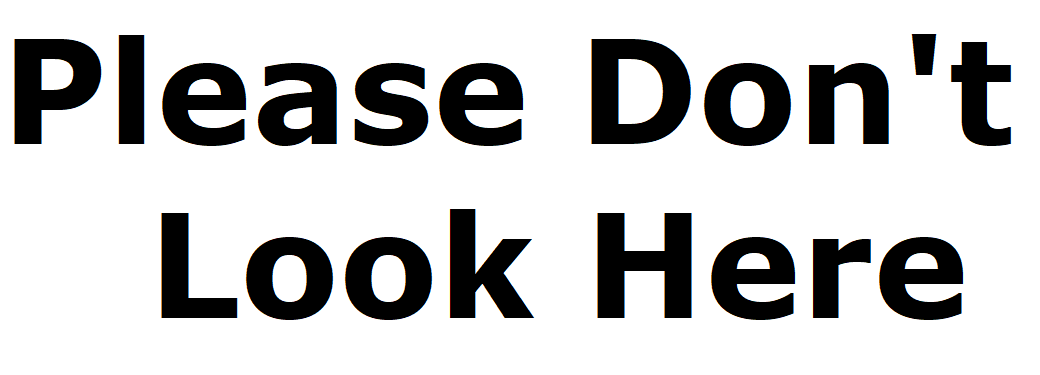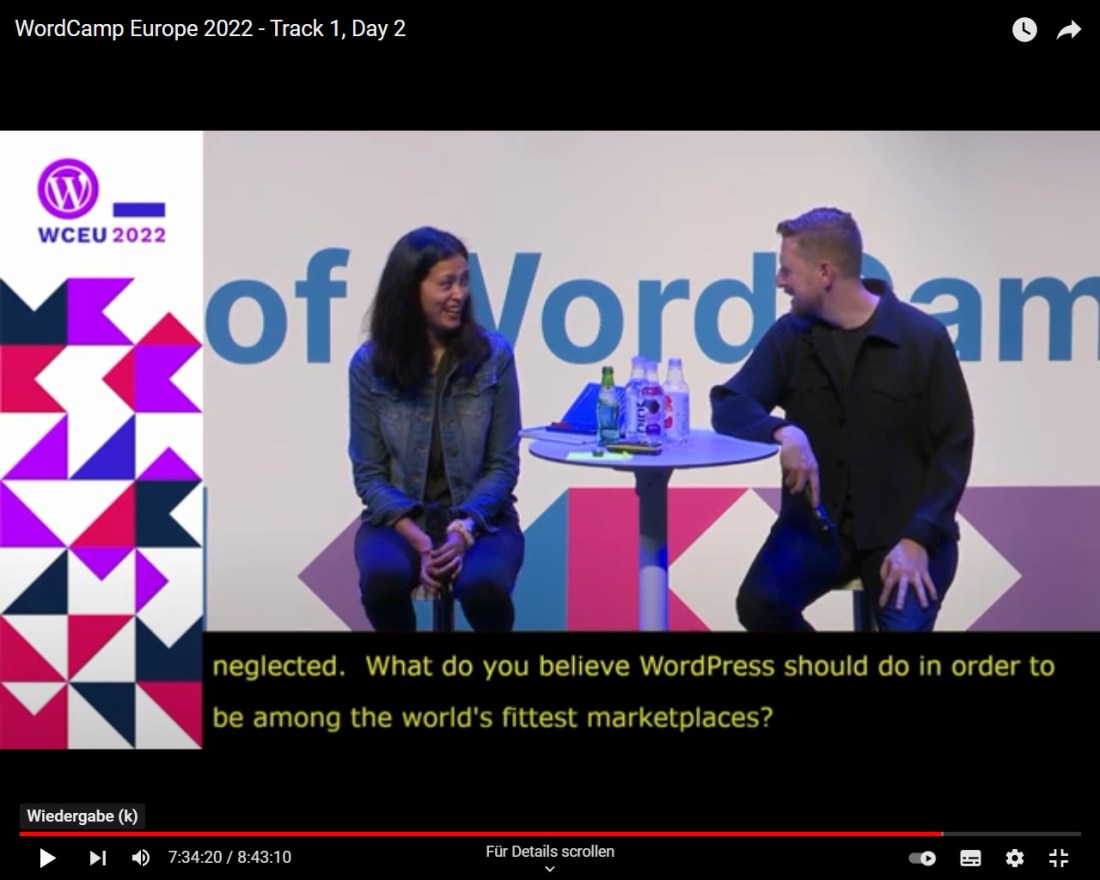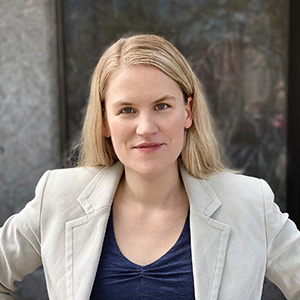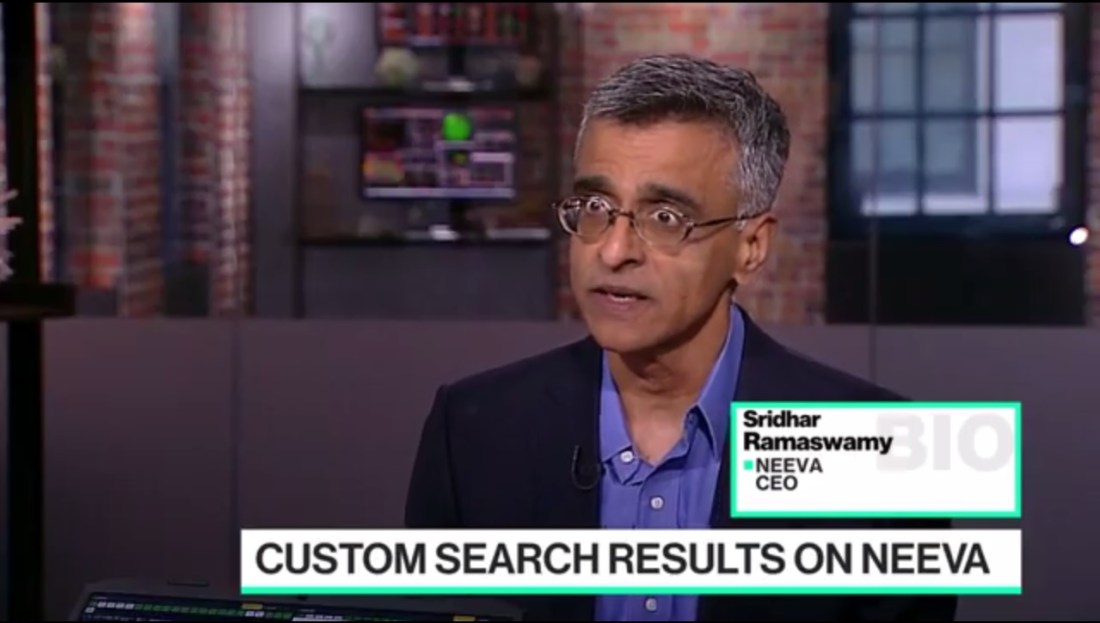I don’t see any reason to use Google.
I think it’s super-easy to find information by just using my own literacy skills.
So this past weekend (at WCEU 2025, aka “WordCamp Europe” in Basel) I used the opportunity to ask a Senior Tech Engineer at Google a question about why he thinks I should use Google. His answer was: “I don’t know”. I consider that to be a very weak answer, considering this answer came from the mouth of a Google representative.

So I guess he was unable to successfully motivate me to use Google.
I do understand that there are many people on Earth who have less literacy skills than I do. Many people are not sure how to spell words. Or maybe they feel unable to type or articulate words correctly. Therefore, I do realize that some features Google offers (such as “Did you mean…”, related searches, etc.) might be useful for people with more limited literacy skills. Still, for me — if I search for something like “CoViD” and the search engine answers something like “Did you mean ‘conspiracy theory’?” that would actually not help me very much. [1]
Therefore, I think I will simply stick to more reliable search engines.



